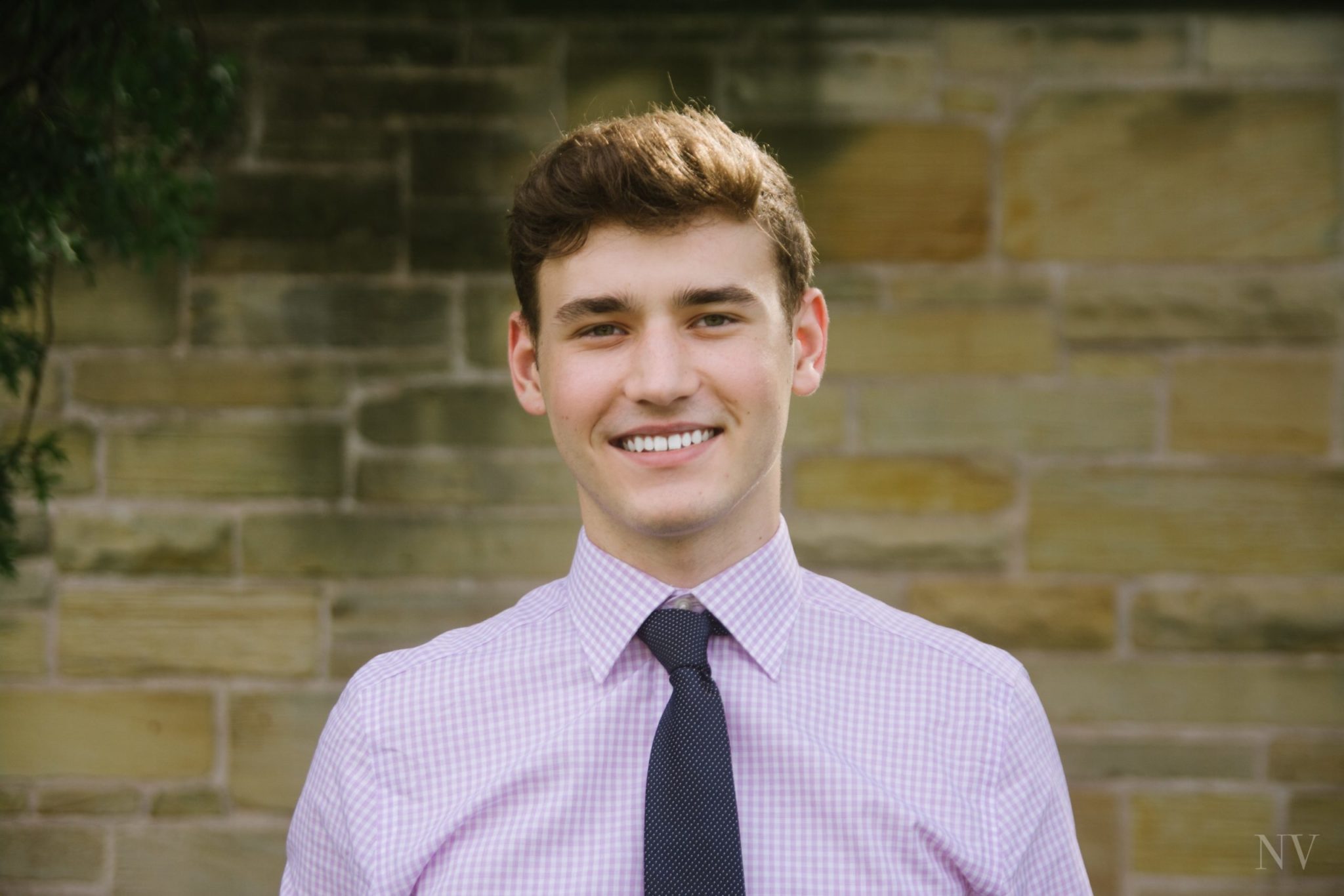
Courtesy of Logan Roberts
From his small Washington, D.C. basement apartment, Logan Roberts ’23 has perfected the art of cooking his chicken breast dinner in the microwave by night. By day, he has developed a routine of going downtown for in-person work at his internship for the Council for Opportunity in Education — a nonprofit dedicated to expanding college opportunities for first-generation low-income students such as Roberts.
Like many Yalies, Roberts started his March quarantine by watching “Tiger King.” He also tried and failed to make sourdough bread. But as quarantine progressed, the decision of whether to stay enrolled for the fall semester or take a leave of absence drew nearer. As a FGLI student, making this choice was especially hard for Roberts.
“My financial existence is so inextricably linked to Yale at this point,” Roberts said. “We’re talking about Pell Grants, housing, food, financial aid. … My main consideration [when deciding to take a leave of absence] was can I afford time off.”
Financially, the pandemic posed a strain on Roberts’ family. Before the pandemic, his mom worked part time at a local strip mall as a haircutter, and his dad was a mailman. After mass shutdowns began, his dad remained employed as an essential worker, but his mom lost her job.
As a low-income student from a small town in upstate New York called Groton, Roberts is no stranger to adversity. Over the course of his high school and college career, Roberts has overcome financial challenges, due in part to the help of people like Jennifer Rudolph, former Cornell University director of the federally funded Upward Bound program. Roberts met Rudolph when he was a ninth grader at Groton High School.
That year, Roberts applied to be a part of one of the eight federal TRIO programs — federal student services programs that aim to help FGLI students “progress through the educational pipeline,” according to the Department of Education’s website. After an interview, Roberts was admitted into the local Upward Bound program, one of TRIO’s branches that helps high school students apply to college and adapt to the higher education experience. According to Rudolph, Roberts crushed his interview.
“Logan for president!,” said one of Rudolph’s then-assistant directors when Roberts left the interview room.
“He has become one of the most engaged, thoughtful community members that we were working with [at Upward Bound],” Rudolph said.
The pair has stayed in touch, even after the conclusion of Roberts’ participation in the Upward Bound program. When the pandemic hit, he turned to Rudolph, now his longtime advisor and friend, for advice. She suggested that Roberts work for an organization that supports FGLI students like him in public policy, the context of one of his interests.
Soon after, Roberts sent an email to Kimberly Jones ’00 — executive vice president for the Council for Opportunity in Education, or COE — about interning for the council.
Jones and the COE agreed to take Roberts in as a fall intern. They even agreed to pay him a stipend for his work, which allowed Roberts to move to D.C. and take on the internship. For Roberts, the stipend relieved some of the financial duress that had factored into his decision whether or not to take a leave of absence. Roberts said he is happy he took the opportunity to take a gap semester and hopes he will return to a “normal,” in-person Yale experience in the near future.
In an interview with the News, Jones said that Roberts has become fully integrated into the council’s workplace and is treated like a full-time staffer. At his internship, his days are extremely busy, yet fulfilling.
Roberts goes to work in person at the organization’s downtown D.C. office a few times a week. The workspace is capped at 50 percent of its normal capacity, and social distancing guidelines are strictly enforced. He spends his days gathering feedback from COE-affiliated program alumni in an effort to coordinate programming and understand the impact of the pandemic on their daily lives. He has also worked with the council’s legislative team as it does research for its TRIO advocacy campaign and answers phone calls from FGLI students.
He said that the COE team values his perspective because of his low-income upbringing and firsthand experience with many of the issues with which the COE works. Roberts added that he believes the presence of students like him is important in education policy — a sector where, Roberts said, many people who advocate for FGLI students do not actually come from that background and cannot speak to those experiences.
Through his work with the COE, Roberts has learned about the hardships that other FGLI students nationwide are facing during the pandemic. These include food insecurity, turbulent family dynamics and poor internet connection, among others. He told the News he had heard from students experiencing these hardships during the course of his internship.
“These first-gen, low-income students really prove that resilience is a way of life for them,” Roberts said. “Even in the midst of these unforgiving circumstances, first-gen, low-income students have been willing to step up and prove yet again that they are willing to handle whatever life throws at them.”
Going forward, Roberts said that he will keep these students’ stories in mind as he continues to delve into the realm of politics, policy and education.
Christian Robles | christian.robles@yale.edu
Interested in getting more news about New Haven? Join our newsletter!







